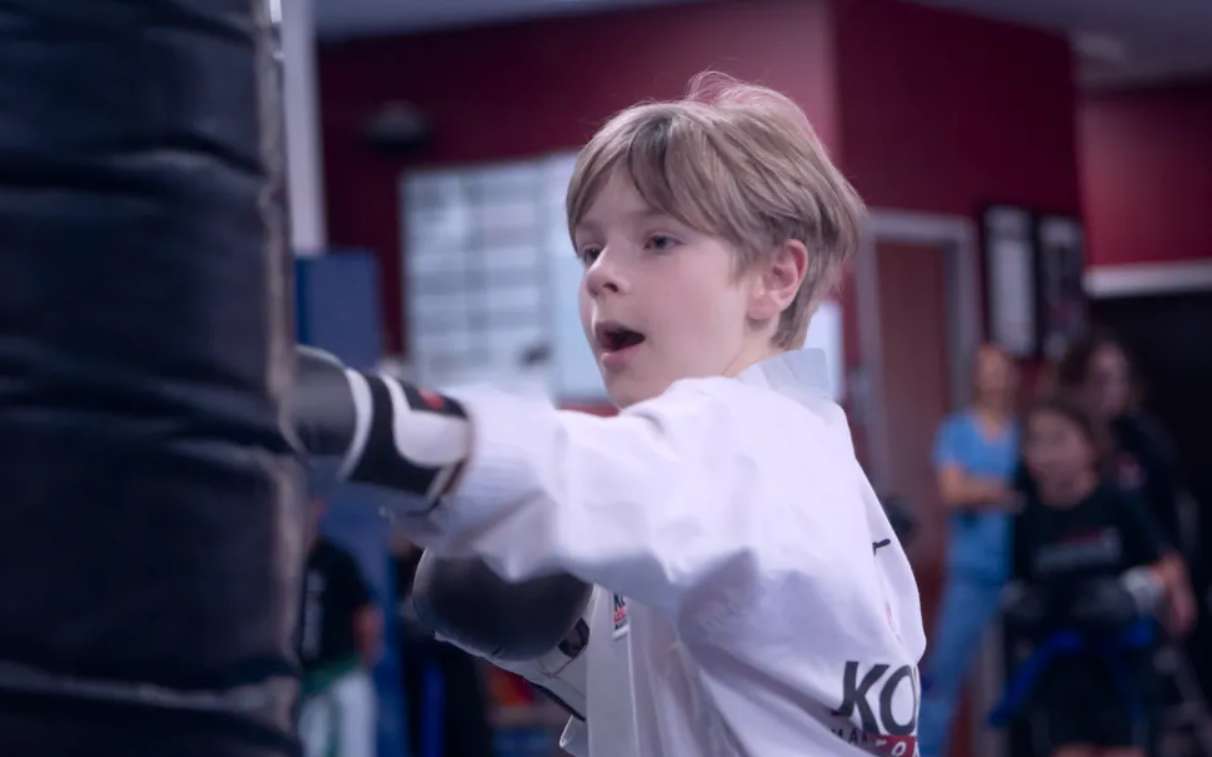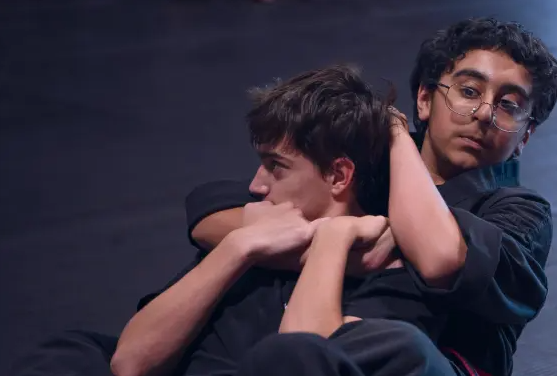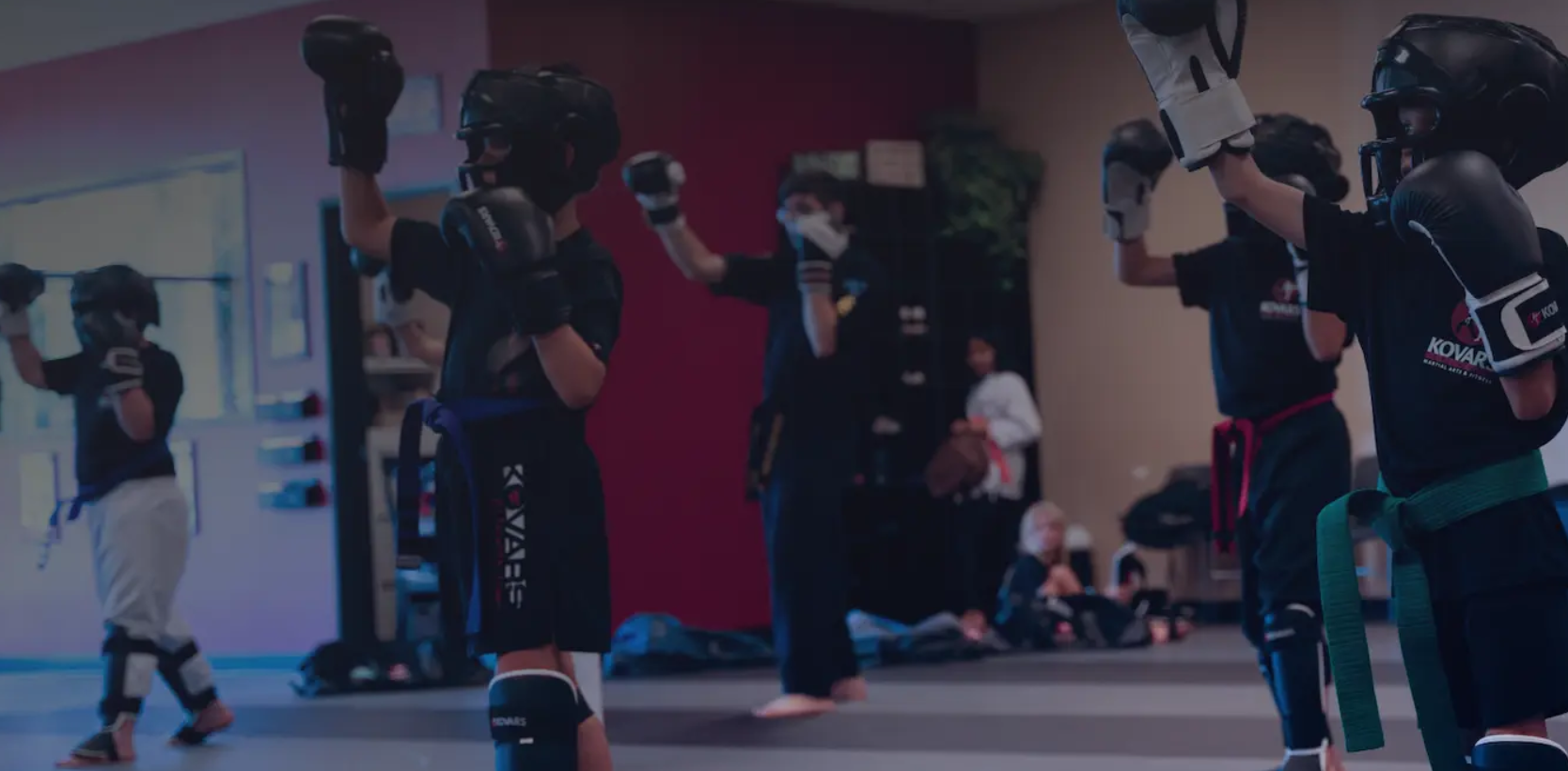Helping Kids with Anxiety
When our kids have a fear of something, we can help that fear be accepted or we can make that fear get suppressed inside and potentially develop into anxiety.

Typical childhood anxiety can be broken down into 2 parts, experiencing a fear and not feeling okay about oneself. When our kids have a fear of something, we can help that fear be accepted or we can make that fear get suppressed inside and potentially develop into anxiety. If we don't accept a fear that someone has by letting them know it's okay to feel that way, we stop them from feeling okay about themselves and it can become damaging.It's our tendency as parents to “fix” the problems our children have in the hopes that they'll go away. This instinct comes from our need for everything to be just so and for life to be good. So we come up with solutions for our kids to not feel afraid. We forget that they are still growing in their awareness of the world and how things work. Thus, it's natural for for them to have fears about what they don't understand yet. Let's face it, when we were young we didn't know everything about our surroundings until we were older and had more life experience under our belt.So as parents, what should we do? Normalize everything. I'm sure you can remember some parts of your childhood. Things that were new could seem a little scary. Being afraid of the dark, watching a scary movie before you knew about special effects, riding on a big roller coaster. Guess what! All those circumstantial fears were normal.Reiterating that this is a normal part of childhood is a tool that I use as a parent to not incite fear that something is wrong in my kids. It requires watching your reactions to things. Making sure your responding calmly and appropriately to issues that come up. It wasn't that long ago when we were young and had something similar we were dealing with as children ourselves.My daughter became afraid of movies at the theatre. They were dark, the plot was unknown, loud, and unpredictable and so she only would watch new releases when they came out on video and even then with some apprehension. Well I could have told her she was being ridiculous, that's the fun of it all! But instead, I broke it down and said. “It's normal to be afraid of the dark at your age I was too when I was young. All kids go through a similar feeling at one point or another. It's understandable, the theatre is big and loud and that can be overwhelming. What you're feeling is natural.” Because I took this approach she didn't feel like there was something wrong with her and she was able to not internalize the feeling into anxiety about herself. It also helped her to know that her feelings were accepted and ok without feeling like they were wrong and needed fixing.Another great strategy to help limit anxiety is to actively be accepting, you can do this by being easily in awe.Do you remember a time when someone genuinely praised something you had accomplished and how good that made you feel? How about a time when you may have been overlooked or even been criticized about something you were proud of? How did each of these events affect you and your future choices and efforts? When you stop to think about it, you know the value of showing genuine excitement for and admiration of the accomplishments of people, young and old.So, be sure to use this valuable tool whenever you have the opportunity. This is especially important with children, but can be effective with adults as well. When you see a performance that is praiseworthy, be sure to give that praise with heartfelt sincerity. Even if it’s not perfect, be sure to admire the effort before making any corrections and then commend the action again. By choosing to be easily in awe, you can have a positive impact on your children and can help change their lives for the better.These strategies and more are part of Kovar's Martial Arts program curriculum. We understand that every child is different and grows at different rates. We've been teaching children martial arts for over 40 years and have literally seen it all. Our process is to trust growth. In martial arts every child is running their own race and our goal is to nurture greatness along the way as they reach their full potential.



